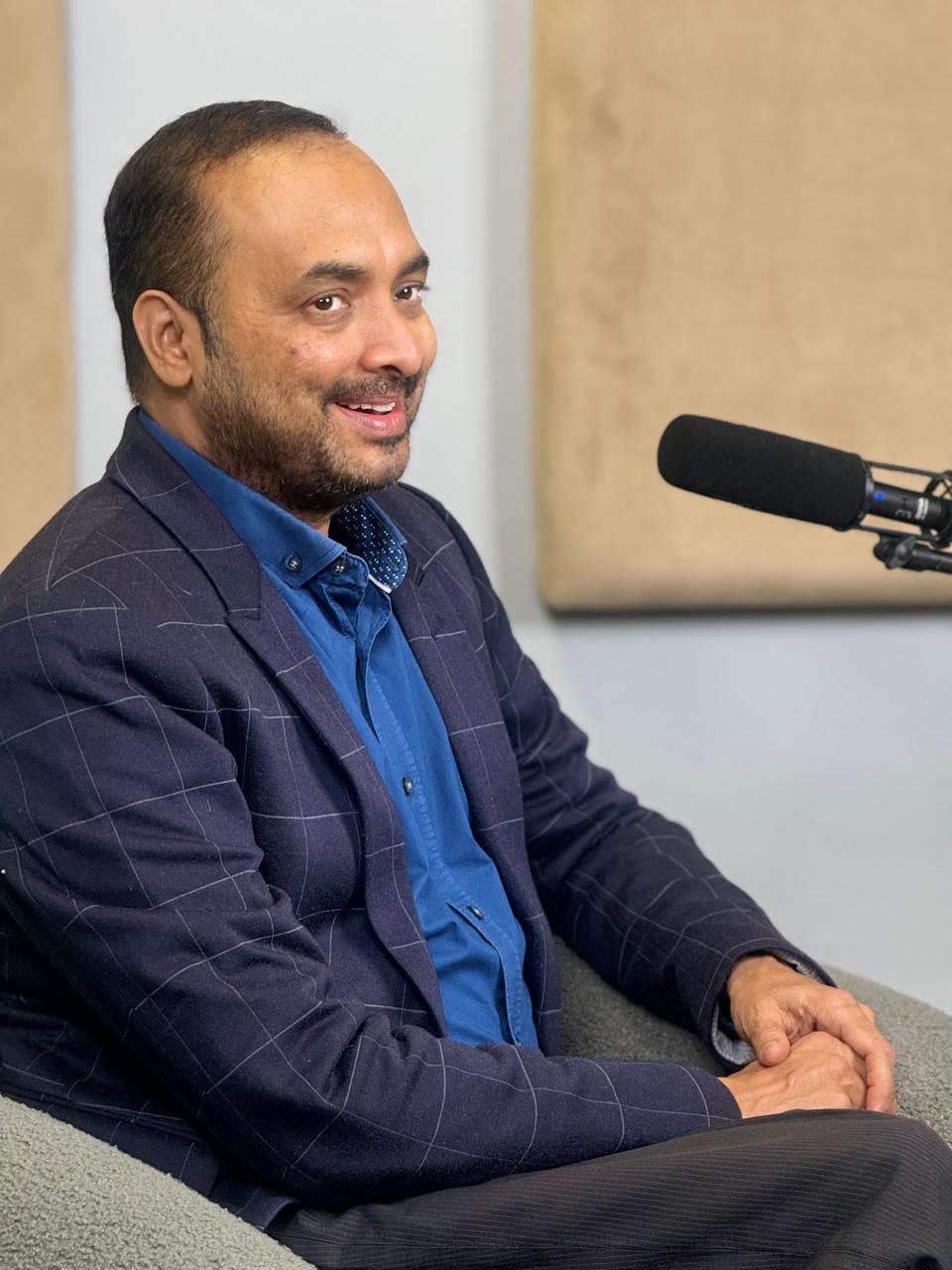Edwin Naidu
South Africa is at a critical juncture, urgently needing to recalibrate its moral compass. The pressing question that demands immediate attention is whether the absence of a common identity is tied to a failure to establish a shared purpose as a united nation.
Thirty years after democracy, the question of what makes a South African remains valid. It is a matter of simplicity and pride to consider oneself solely as a South African rather than being categorised as Indian, white, Black, or coloured. I am a South African. It’s that simple.
Failure to accept this allows us to thrive along racial lines.
Yet strange enough, the one thing that unites the nation is corruption.
However, for the fight against corruption to become real, the cudgels against this disease must be taken up collectively as South Africans.
The apartheid racial tags put blinkers on us as citizens. It also confuses people and their allegiances. If one has any allegiance other than to the South African flag one should be on the first flight out of this country for good.
The Government of National Unity has a chance to complete the task the ANC under Presidents Nelson Mandela, Thabo Mbeki, Jacob Zuma, and now Cyril Ramaphosa failed to address – genuinely building a democratic South Africa for all, starting with eradicating the apartheid depictions of citizens.
It is time to scrap the apartheid tags en route to creating a national identity.
Whether one is white, Indian, Black, or coloured, the Bill of Rights and the laws of the land apply to all citizens equally. Children should be taught this from a young age, if not in their homes, certainly in school.
Proudly, South African should not be in slogans or advertisements. It must be ingrained in one’s being as a citizen. Increasingly, people realise that the foundation of a better society is laid in homes and reinforced in classrooms.
Teaching children the difference between right and wrong is at the core of building the society we aspire to. This includes teaching children the importance of accepting each other as human beings, thus ensuring we avoid the ugly racism that continues to manifest itself at schools three decades after democracy.
Unlike her arrogant and blustering predecessor, the Higher Education and Training Minister, Dr Nobuhle Nkabane has shown corruption a red card as early as in her first Budget Vote speech in Parliament.
Her counterpart, the Minister of Basic Education Siviwe Gwarube, should adopt this approach in the schooling system. Tackling racism and anti-corruption lessons should be introduced in the classrooms before artificial intelligence and robotics.
What good is AI when one does not know the difference between right and wrong or how to treat fellow human beings?
Teaching boys to respect girls from a young age would change the patterns of abuse that have made Gender-Based Violence the scourge of society.
Equal Education has noted that corruption is the abuse of resources or power, which occurs when one uses it for personal gain. Corruption occurs at all system levels – school, district, provincial, and national.
Universities are a hotbed of corruption, as evidenced by Professor Jonathan Jansen in his book on the subject. We have seen the goings-on at Fort Hare with alarm, too.
One hopes that Dr Nkabane will take the fight to the National Student Financial Aid Scheme (NSFAS) which has benefited millions but remains tainted by the corrupt actions of a few.
The corruption escalated under the watch of former Higher Education Minister Dr Blade Nzimande and was exposed by the civil society body Organisation Against Tax Abuse (OUTA).
They claim that the corruption goes all the way up – a claim denied by Nzimande with the empty threat of court action. His demotion as the Minister of Science, Technology, and Innovation should give him ample time to make good on his empty threats to take OUTA to court over its claims.
It’s time to say no to corruption by putting those who steal from taxpayers behind bars. But it’s time to take on this fight as one united South Africa that demands and expects good governance and law and order for all, regardless of the apartheid tags that continue to bind.
Edwin Naidu is Inside Education Editor.







